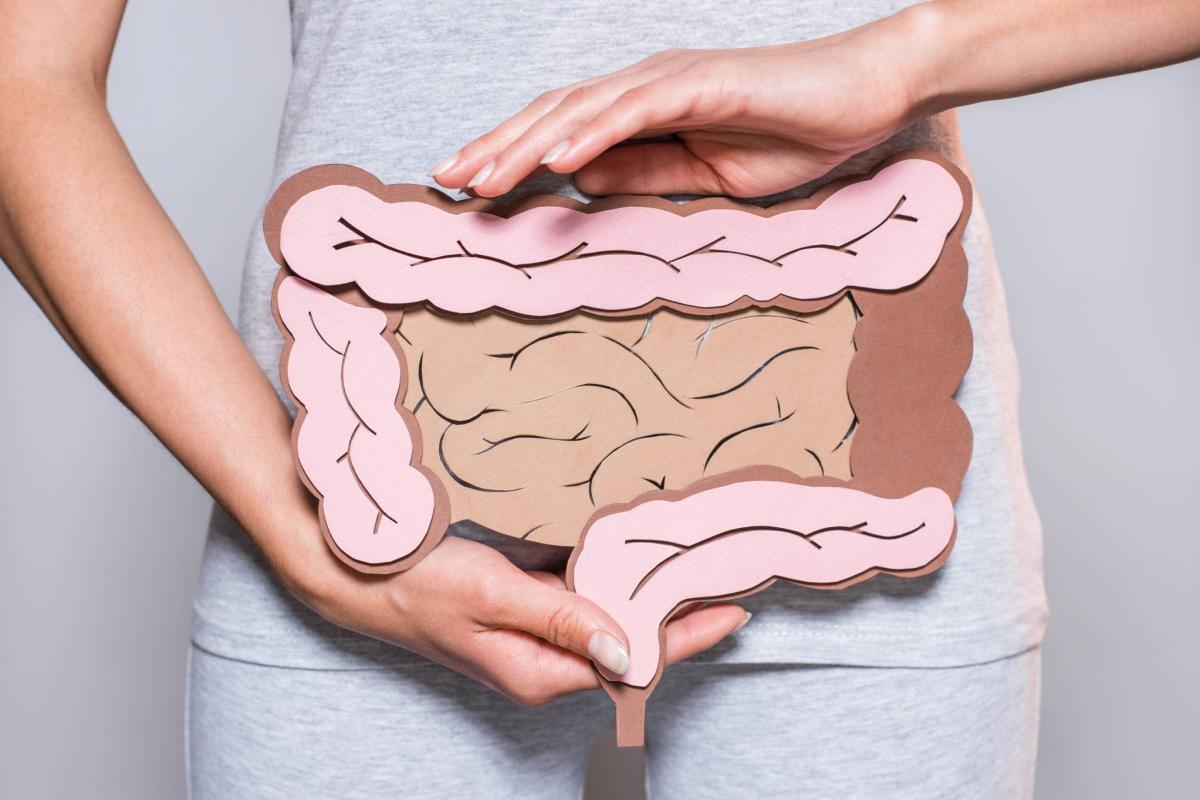Irritable Bowel Syndrome (IBS) is a digestive tract disorder that manifests as abdominal pain and transit difficulties. Many people suffer from it.
To reduce the symptoms of IBS, it is essential to pay attention to what you eat.
Here are the foods to avoid:
Pizza
When suffering from IBS, also known as functional colopathy, it is advisable to limit foods rich in fats, such as pizzas and fries, as they stimulate the gastrocolic reflex of the intestine.
Whole Grain Bread
It is necessary to reduce the consumption of insoluble fibers, which do not dissolve in water and can lead to gastric emptying and diarrhea. They are found particularly in wheat bran and whole wheat. Also, avoid multigrain bread.
Cabbage
Cabbage, like all cruciferous vegetables, is not an ally in case of IBS. They increase the production of intestinal gas, leading to bloating and other discomforts.
Coffee
Coffee has laxative properties and can irritate the intestine. Therefore, it should not be consumed excessively. It is important to note that alcohol and citrus juices can also cause issues with the intestinal lining.
Lentils
Legumes such as lentils, beans, and peas are considered fermentable foods. Once ingested, they tend to ferment as our bodies cannot properly digest certain substances, worsening digestive troubles.
Dairy Products
People with IBS may have difficulties with dairy products containing lactose, especially those who are lactose intolerant. If you notice worsening symptoms, it is recommended to avoid milk, cheese, yogurt, and other dairy products.
Spicy Foods
Spicy foods, as well as those containing strong spices like chili, can irritate the intestine and exacerbate IBS symptoms. Similarly, certain irritating foods such as garlic, onion, pepper, and hot sauces can be hard to digest for some people with IBS. It is best to avoid spicy dishes and irritating foods if you have intestinal sensitivities.
Fruits Rich in Fructose
Certain fruits such as apples, pears, and mangoes are rich in fructose. This natural sugar can be difficult to digest for some people with IBS, causing bloating, abdominal pain, and diarrhea. It is therefore advisable to limit the consumption of these fruits.
 French
French














